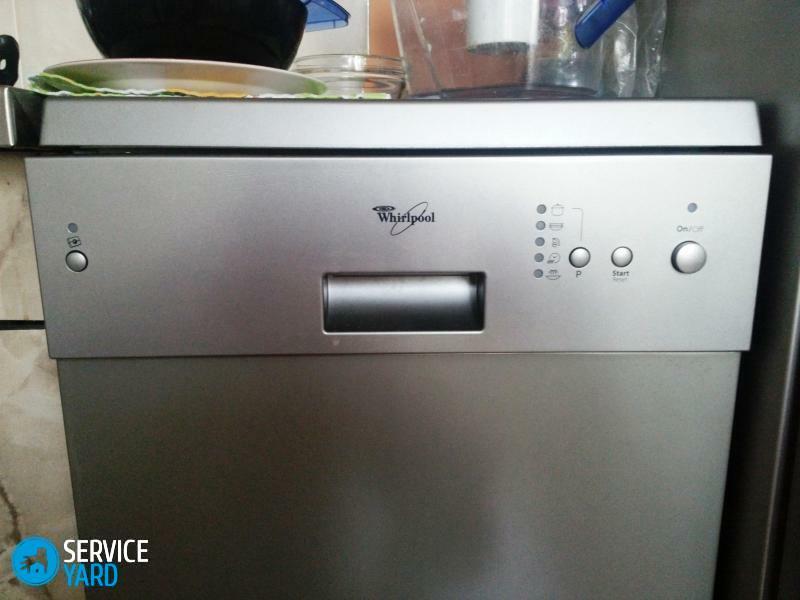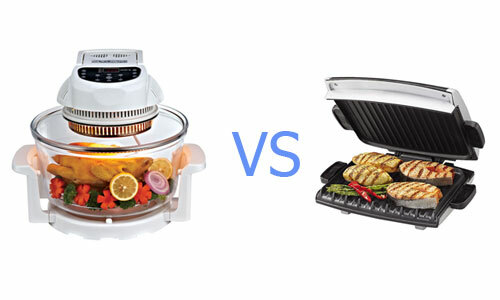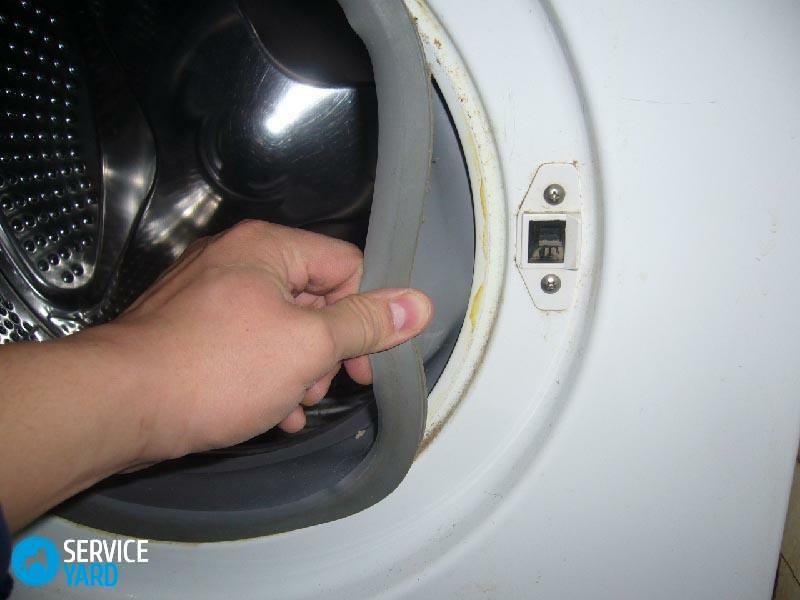Power outages are not uncommon in the 21st century, especially far from a big city. Moreover, this is provided that there is electricity at all. So that you do not have to give up the benefits of civilization in the country or in a rural house, you need to get an electric generator. We will now tell you how to choose it and which generators were included in our independent Top-5.
CONTENT
- 1 Choosing a generator: what to look for
- 2 Top 5 generators for home and garden
- 3 FAQ
Choosing a generator: what to look for
Fuel. Generators can be:
- gasoline - they are relatively quiet and inexpensive, but at the same time quite capricious and not too powerful;
- diesel - these are much more expensive than gasoline ones, and they make a little louder noise, but they also have several times more engine resource. Most importantly, keep in mind that in the cold, diesel fuel tends to thicken, so at low temperatures problems with a diesel generator may begin;
- gas - generators of this type work either from cylinders with compressed propane-butane, or directly from a gas pipeline. Such devices cost quite decently, but saving on inexpensive and affordable fuel allows the gas generator to pay off literally in six months to a year: if you connect the unit to the gas pipeline, then the price of a kilowatt of electricity will be even lower than in the household electrical network;
- combined - gas-gasoline or gas-diesel, with a choice of fuel. Moreover, it is usually possible to switch without stopping the generator.
Engine's type. Gasoline engines of generators can be two- and four-stroke. The first ones are cheaper, they are simpler arranged and have no problems with starting in frost, although in terms of productivity are inferior to their competitors, and also require special preparation for work gasoline-oil mixture. The second ones are more expensive, more complicated, more powerful and more productive, but at low temperatures it is sometimes impossible to start them.
Also, generator motors can be synchronous and asynchronous. The former are cheaper and withstand peak loads very well, but they do not produce a very stable current, which is suitable for household appliances, but can be detrimental to precision equipment. The second ones are protected from dust and moisture and produce a very stable voltage, but they do not tolerate peak loads poorly and are more expensive.
Also, pay attention to generators with inverter motors: they are powerful, efficient, quiet, protected from water and dust, and most importantly, they are able to maintain the quality of the current in a very strict framework, so they are well suited for powering complex devices and electronics.
Phase. Generators can be single or three phase. If you plan to connect only common tools, home appliances and home electronics to the generator, take a single-phase machine. The three-phase one is needed to work with equipment that is powered not from household 220 volts, but 380 volts - like welding machines and electric furnaces. If you connect single-phase consumers to such, watch the load uniformity in phases: the imbalance should not exceed 20-25%, otherwise the generator will not last long.
Cooling. The generator, like any machine with an internal combustion engine, heats up during operation. This problem can be combated with air or liquid cooling. The first is simpler and cheaper, the second is more expensive and more efficient. Typically, household models use air cooling, and industrial models use water.
Autonomy. The larger the volume of the fuel tank and the lower the fuel consumption, the longer the generator is able to operate continuously from one refueling. Fuel consumption is usually measured in grams per kilowatt per hour. Knowing the density of gasoline and diesel fuel (approximately 750 and 850 grams per liter, respectively), it is easy to calculate the consumption in liters. Usually portable generators can work for two to three hours, and powerful stationary ones will last 10-15 hours.
Launch mechanism. It can be manual (here you have to pull the lace) or electronic (and here you just need to press a button). The first option, as usual, is simpler and cheaper, the second is more convenient and more expensive. In addition, electrically powered generators can be equipped with an automatic start system, which is triggered when the power goes out in the network, or remote control from a special panel.
Power. The main parameter with which to start choosing. The power determines how many and which consumers can be connected to the generator. To roughly calculate the required value, it is enough to add up the sum of the consumed capacities of all electrical appliances in the house (it is indicated in the data sheets) and add another 10-20 percent to this amount for insurance. Please note that power tools and other appliances with electric motors have peak power at start-up can exceed the nominal several times, so that the power reserve of the generator is definitely not hurt.
Manufacturer. Among the manufacturers of generators there are a lot of worthy companies that deal only with generators, therefore their names are often not heard, but the products are beyond praise. An example would be Generac or Fubag. Companies of a wide profile also sometimes make good generators, although not so often: models from Huter, Champion and Huyndai got into our rating. Let's take a closer look at them.
Top 5 generators for home and garden
Best gas generator
1. Generac 6520 (RUR 180,000)

A stationary gas generator with a capacity of 5 kilowatts, which is quite enough to power a country house or a country cottage on an ongoing basis. The 420 cc single-phase motor is air-cooled. Thanks to the muffler and soundproofing casing, the generator runs very quietly, its noise level does not exceed 60 decibels. Automatic electronic start is provided. The device is very heavy, 115 kilograms, and is clearly not designed to be dragged back and forth: such the generator must be put somewhere in the basement and enjoy civilization even without being connected to electrical network. It costs, of course, 180,000 rubles, but it is definitely worth it.
Price:₽ 180 000
Generac 6520
The best gasoline generator for home and garden
2. Huter DY6500L (5000W)

A gasoline generator with a rated power of 5 kilowatts (maximum power is 5.5 kilowatts, but the device will not last long in this mode). The 13 horsepower single-phase four-stroke synchronous motor consumes 374 grams of 92 gasoline per kilowatt per hour. That is, 8 hours for one full 22-liter tank should be enough. A muffler is provided, but the device still makes a decent noise, at a level of 71 dB. There is overload protection and a voltmeter. Two 220 volt sockets. The launch, unfortunately, is manual, but the generator is also inexpensive - only around 29,500 rubles.
Price:₽ 29 500
Huter DY6500L
Best Diesel Generator
3. Fubag DS 5500 A ES

A diesel generator with a capacity of 5 kilowatts, the capabilities of which will be enough to power a small private house during a power outage. The single-phase four-stroke engine with one cylinder is equipped with an air-cooled system. A tank with a volume of 12.5 liters is enough for a little over 5 hours of battery life. The generator is IP23 protected from dust and water, therefore it is able to function in difficult conditions, even if it is standing outside in the rain. Equipped with a muffler, but still noisy - like all diesel generators, it produces about 82 decibels. Overload protection, voltmeter and hour meter are provided. There are three 220 and one 12 volt sockets. The price of the issue is a little less than 63,000 rubles.
Price:₽ 62 880
Fubag DS 5500 A ES
Best inverter generator
4. CHAMPION IGG3600

Inexpensive, but quite efficient gasoline generator with an inverter brushless motor. The air-cooled, four-stroke, 208 cc engine delivers 3.5 kilowatts of full power. A 9 liter gas tank provides about 5 hours of operation from one refueling. The small engine works quite quietly: thanks to the muffler, the noise level does not exceed 68 decibels. Built-in voltmeter and overload protection are provided. In the presence of 2 sockets for 220 volts. With a price in the region of 21,500 rubles, this generator will be an excellent backup power source for a summer cottage or a small private house.
Price:₽ 21 350
CHAMPION IGG3600
The best gas-petrol generator
5. Hyundai HHY 3020FG (38,000r)

A fairly compact and not too expensive generator with a combined engine that can run on both gasoline and gas. The air-cooled, single-phase 208 cube motor delivers 2.8 kilowatts of constant power - enough to keep you connected in case of a blackout. A tank with a volume of 15 liters will allow the generator to work for about 8 hours on one filling. The noise level is only 69 decibels - not that much for a gasoline engine. There are two 220-volt sockets, overload protection, a voltmeter and an hour meter. A good and very economical option for a rather modest 29,000 rubles.
Price:₽ 28 990
Hyundai HHY 3020FG
FAQ
The generator stalls under load - what to do?
Contact a specialist. If you are not a qualified generator repairman, then determine the problem yourself you can hardly: it can hide in brushes, and in capacitors, and in filters, and just in bad fuel. In any case, without diagnostics, you will not know the correct answer, and once you have found out, you will not be able to solve it on your own.



